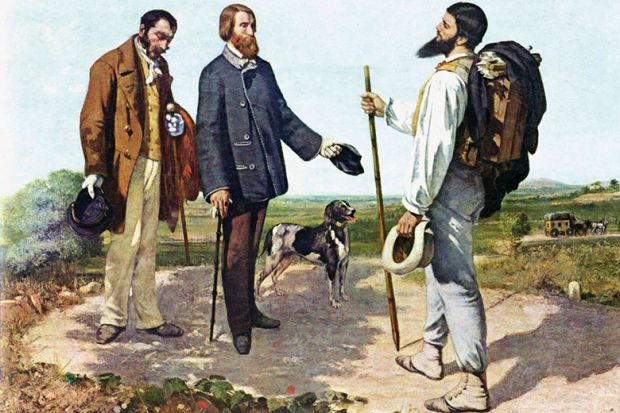University applicants who are personally recommended are three times more likely than other candidates to receive an offer, a new US study has found.
A paper analysed information about 21,324 applicants to an unnamed full-time MBA programme over a seven-year period. The research included an analysis of the admissions screening system at the institution as well as interviews with key admissions staff at the business school.
It found that endorsed applicants – those who had a contact who had called or emailed the university to personally vouch for the prospective student – were interviewed about 82 per cent of the time, while those without endorsements reached the interview stage only 34 per cent of the time.
Among those who were interviewed, endorsed applicants received offers to join the programme 64 per cent of the time, while those without endorsements got offers only 52 per cent of the time.
It means that, on average, more than half of endorsed applicants (52 per cent) and less than a fifth of non-endorsed applicants (18 per cent) end up gaining a place at the institution.
Ben Rissing, assistant professor of organisational behaviour at Cornell University and co-author of the research, “Best in class: the returns on application endorsements in higher education”, which was published in Administrative Science Quarterly, said that endorsed applicants were no more qualified than other prospective students, were often considered worse candidates during the interview process, and did not perform better academically or in the job market after graduation.
However, both the empirical and interview data showed that they tended to support the university at higher rates by taking on leadership roles as students and giving more generous donations as alumni.
Endorsements “might be a way for decision-makers to identify candidates that in some ways want to give back to the organisation [and] might feel some sense of reciprocity”, he said, adding that admissions staff said that these candidates seemed to “know something” about the school’s culture and “what’s valued there”.
He added that the “quite large” impact of endorsements show that “social capital” and “social connections” play a role in admissions decisions, alongside educational credentials.
However, Professor Rissing said that certain groups of students – such as first-generation students and immigrants – “might not be aware of these particular channels that might advantage their applications”.
“One thing that admissions staff or decision-makers in organisations more broadly might ask themselves is how to balance the competing goals” of selecting highly competent, qualified individuals and screening individuals who are going to be supportive of a community, he said.
Register to continue
Why register?
- Registration is free and only takes a moment
- Once registered, you can read 3 articles a month
- Sign up for our newsletter
Subscribe
Or subscribe for unlimited access to:
- Unlimited access to news, views, insights & reviews
- Digital editions
- Digital access to THE’s university and college rankings analysis
Already registered or a current subscriber?








